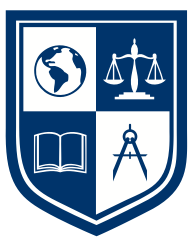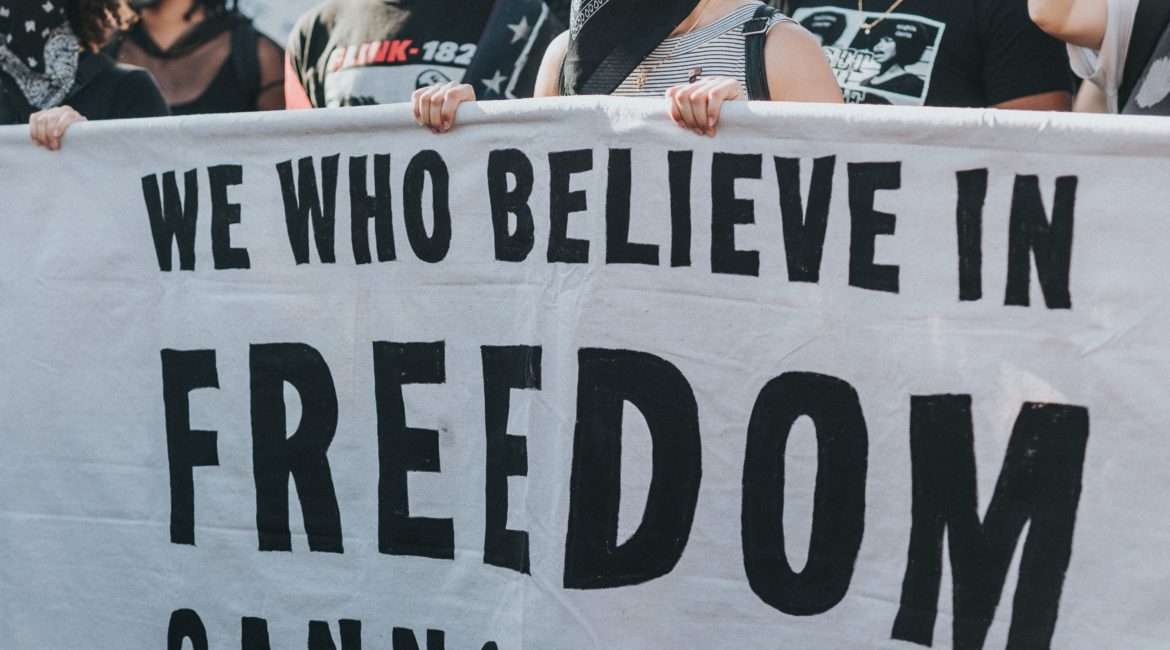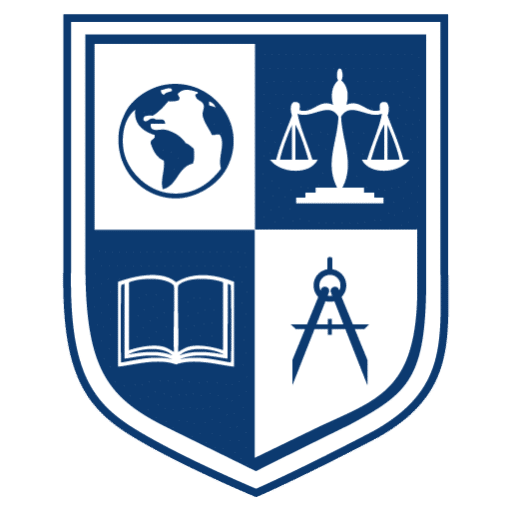These last few months have been unlike any other in history. Between the economic, financial, and personal losses brought on by Covid-19 and the painfully repetitive reminder that racism is a real, violent, and prevalent threat to the lives of Black Americans, these have been incredibly difficult times.
If there is a silver lining to be found, it is that the last few months have proven to be a catalyst for change. At Classical Charter Schools, we’ve taken time to listen, reflect, and act. During that time, we’ve learned that to truly achieve our mission, we must provide scholars with an education that creates access through high academic achievement and provides scholars with the tools, confidence, representation, and autonomy to navigate a world that is often unjust.
We’re committed to continuing to prioritize diversity, equity, and inclusion moving forward and, while it is just the beginning, have acted on that commitment by implementing changes & improvements across several aspects of our model including:
- Partnering with a diversity, equity, and inclusion expert to develop informed training & systems of accountability that create an inclusive & equitable space in our professional community.
- Revising our schedule to provide reoccurring times throughout the year for us, as educators, to explore our understanding of diversity, equity, and inclusion – what it means for us and how it impacts our work with scholars.
- Revising our recruiting practices and expanding university partnerships to HBCUs and local colleges with diverse student bodies to increase the percentage of racially & ethnically diverse candidates that accept offers at Classical Charter Schools by 5% annually.
- Taking a critical look at the opportunities across our ELA, History, Social Studies, and Science curriculum to diversify the representation of influential people throughout history and the perspectives through which history is written.
- Carving out flexible spaces within our structured curriculum for scholars to explore and discuss current events within the classroom setting.
- Removing perspectives, texts, and language that is insensitive or exclusionary and investing in staff development so that teachers are informed & equipped on how to teach content from a variety of perspectives.
- Adjusting how we train teachers to manage disruptive behaviors in the classroom to prioritize prevention & de-escalation.
- Infusing joy across the network by norming incentive programs for scholars, school spirit days, and expressions of school pride as well as incorporating multiple opportunities for staff across the network to build strong & supportive relationships.
- Streamlining systems of feedback so that staff and managers are in constant communication regarding areas of improvement and opportunities to improve staff culture & inclusivity.
- Creating a code of ethics & norming systems of communication between staff & HR.
Though there is more to be done, we believe these are the first, but not only, steps to creating a more inclusive & equitable space in 2020-2021. Improvement is an ongoing process that will only come as we continue to prioritize diversity, equity, and inclusion long after it leaves the headlines of mainstream media. And, as a network, we will continue to reflect, adapt, and grow so that we emerge from this moment in history stronger than before.


